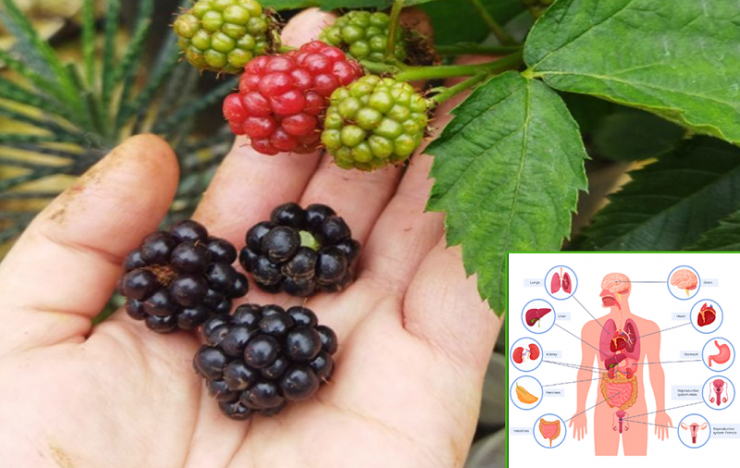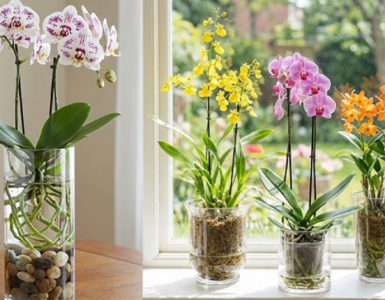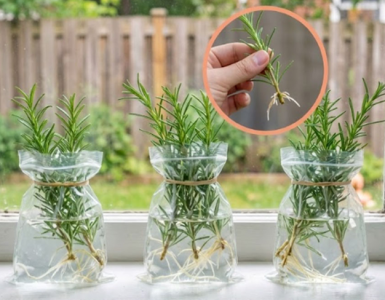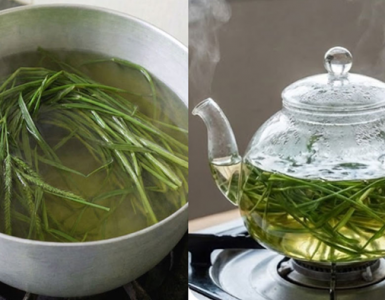When we think of raspberries, we imagine juicy, ruby-red berries that are a summertime favorite. But did you know that the humble raspberry leaf—often discarded or overlooked—has been treasured for centuries in herbal medicine and is considered more valuable than the fruit itself in certain wellness circles?
Let’s uncover the hidden powers of raspberry leaves and why they deserve a place in your daily routine.
A Natural Healing Ally
Raspberry leaves (Rubus idaeus) are packed with vitamins and minerals, including:
Vitamin C, E, A, and B complex
Calcium, magnesium, potassium, and iron
Tannins and flavonoids – known for anti-inflammatory and antioxidant effects
But what makes raspberry leaves truly special is their traditional use in women’s health, digestive support, and immune system strengthening.
Top Benefits of Raspberry Leaf Tea
1.Supports Women’s Reproductive Health
For centuries, raspberry leaf tea has been known as “the woman’s herb”:
Tones the uterus and supports a healthy menstrual cycle
Eases PMS cramps and heavy bleeding
Widely used by midwives to prepare the uterus for labor and ease childbirth (always under medical supervision)
2.Balances Hormones Naturally
Raspberry leaves may help regulate estrogen and progesterone levels, easing hormonal swings and promoting emotional balance.
3.Soothes the Digestive System
With its high tannin content, raspberry leaf tea helps:
Relieve diarrhea and nausea
Calm the stomach lining
Improve overall digestion
4.Boosts Immunity
The antioxidant properties protect cells from oxidative stress, support immune response, and may help reduce inflammation.
5.Mild Detox Effect
Thanks to its mineral content and gentle astringency, raspberry leaf tea encourages natural detoxification through the liver and kidneys.
How to Use Raspberry Leaves
1.As tea (the most common and gentle method):
Add 1–2 teaspoons of dried raspberry leaves to a cup of hot water
Let steep 5–10 minutes, then strain
Drink 1–2 times daily
2.In herbal blends
Combine with nettle, peppermint, or chamomile for enhanced effects
3.As a facial steam or rinse
The astringent and anti-inflammatory properties help with acne-prone or sensitive skin
While raspberry leaf tea is generally safe, pregnant women should consult their doctor or midwife before using it—especially in the first trimester. Like any herbal remedy, moderation is key, and it’s best introduced gradually.Raspberry leaves are proof that nature often hides its treasures in plain sight. While the fruit is delicious and nutritious, the leaves bring deep, nourishing support for the body—especially for women. So next time you enjoy fresh raspberries, consider saving the leaves. You might just be holding one of nature’s most underrated healing gifts.






Add comment